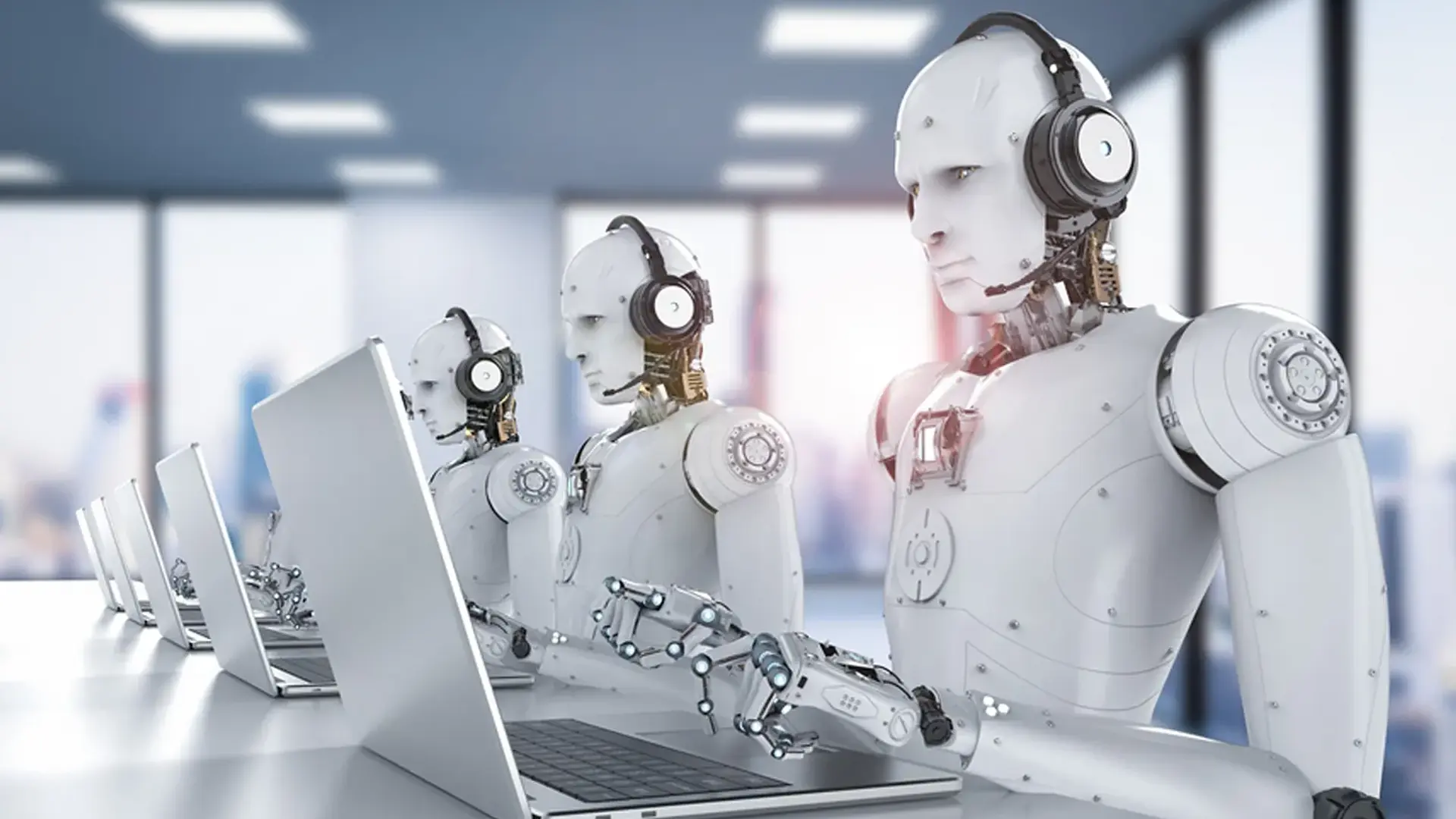

Artificial Intelligence:Evolution of better workplaces
Artificial Intelligence (AI) is one of the buzzwords in modern day office corridors. With its capabilities to automate tasks and solve complex problems, AI promises a tectonic change in how organizations and their workforce perform in the near future. Let us look at some of the ways artificial intelligence can create a better workplace –
Improving efficiencies by undertaking specific skills related tasks
Every employee offers specific skill sets to the organization. Some of those skills are process oriented such as physical, predictive or repetitive tasks like building or manufacturing of products, filing documents and managing accounts. Other skills are more evolved such as quantitative reasoning, linguistic knowledge, problem solving etc. There are also social skills such as managing people, strategic thinking and conflict resolution, to name a few.
AI devices will be much better than humans at performing process oriented and quantitative reasoning related tasks. It is said that 80% of process oriented tasks and 50% of quantitative reasoning tasks will be performed by AI systems in the next ten years. Already, organizations like X.ai are empowering their employees with AI-powered personal assistants that help them perform mundane and repetitive tasks like scheduling and cancelling meetings. Similarly, Zoom’s virtual assistant AISense automatically transcribes and publishes meeting notes as searchable text.
With higher human-machine collaboration, organizations will have a higher success rate. According to research by Harvard University, humans can read diagnostic scans with a 96% accuracy. Together with AI algorithms, their accuracy increases to 99%. Clearly, adoption of AI systems will lead to sharpening of several critical processes.
Enhancing work culture through innovation and creativity
While AI will result in some jobs to decay, it will also lead to newer job streams. Employees will have to adapt to changing requirements at the workplace. They will develop strategic skills such as team management and critical thinking. As virtual assistants will take over, employees will learn to improve their productivity by harnessing innovation and creativity at workplace. There will be redesigning of jobs to facilitate human-machine collaboration. For example, wellbeing coaches may be responsible for change management in the wake of AI adoption so as to maintain a healthy and thriving workforce.
Enabling effective communications
Global organizations depend heavily on effective communications channels, both internally and externally. With a culturally and geographically diverse workforce, it is imperative that companies provide them with tools and systems that help them navigate the gaps occurring due to differences in language and time zones.
For instance, many organizations are already using smart AI tools like Skype Translator which is a multilingual virtual assistant. Skype Translator supports over 10 languages for a voice conference call between multiple parties. It works with more than 60 languages for a text-based chat. This makes it possible for employees to understand each other even when they do not have a language in common. Automated assistants such as Slack are helping employees focus on more important tasks by scheduling meetings, sending reminders etc. This saves them from making several phone calls and sending out emails. Similarly, AI chatbots can also serve as an automated helpdesk to handle queries from new and existing employees regarding matters related to organizational policies and payroll, etc.
A 2017 report by Deloitte on the future of work concludes that artificial intelligence will put the ‘human aspects’ of work in the spotlight by automating the unproductive tasks. As the above examples show, AI is all set to reduce redundant workload of the workforce, freeing them from time consuming and repetitive jobs. This will allow augmentation in productivity and improved engagement at workplaces. It will also lead to empathetic employees who will be engaged within the organization and will be more in sync with customer needs.





